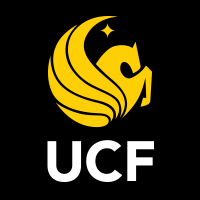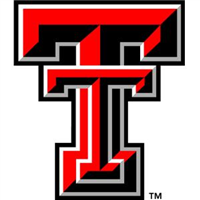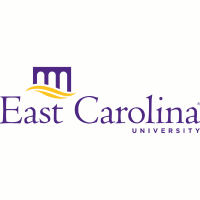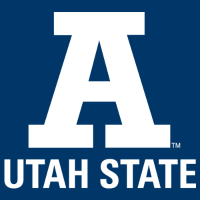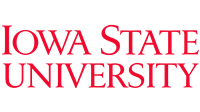What do they do?
Write technical materials, such as equipment manuals, appendices, or operating and maintenance instructions. May assist in layout work.
Also known as:
Document Specialist, Documentation Designer, Documentation Specialist, Engineering Writer, Grant Writer, Information Developer, Medical Writer, Narrative Writer, Proposal Coordinator, Requirements Analyst, Technical Communicator, Technical Writer
-
8.5%
Change
Ranks #43 in job growth rate140Job Openings
Ranks #21 in net job growth
-
University of Central Florida
Orlando, FL
-
Texas Tech University
Lubbock, TX
-
East Carolina University
Greenville, NC
-
Utah State University
Logan, UT
-
Iowa State University
Ames, IA
Looking for colleges that offer a specific major? Use the College Match Tool to find your best-matched schools and discover your estimated Net Price!
- Doctorate or Professional Degree (8%)
- Master's degree (23%)
- Bachelor's degree (48%)
- Associate's degree (7%)
- Some college, no degree (10%)
- High school diploma equivalent (4%)
- Less than high school diploma (1%)
People in this career often have these skills:
- Writing - Communicating effectively in writing as appropriate for the needs of the audience.
- Reading Comprehension - Understanding written sentences and paragraphs in work-related documents.
- Active Listening - Giving full attention to what other people are saying, taking time to understand the points being made, asking questions as appropriate, and not interrupting at inappropriate times.
- Speaking - Talking to others to convey information effectively.
- Critical Thinking - Using logic and reasoning to identify the strengths and weaknesses of alternative solutions, conclusions, or approaches to problems.
People in this career often know a lot about:
- English Language - Knowledge of the structure and content of the English language including the meaning and spelling of words, rules of composition, and grammar.
- Computers and Electronics - Knowledge of circuit boards, processors, chips, electronic equipment, and computer hardware and software, including applications and programming.
- Administrative - Knowledge of administrative and office procedures and systems such as word processing, managing files and records, stenography and transcription, designing forms, and workplace terminology.
People in this career often have talent in:
- Written Expression - The ability to communicate information and ideas in writing so others will understand.
- Written Comprehension - The ability to read and understand information and ideas presented in writing.
- Near Vision - The ability to see details at close range (within a few feet of the observer).
- Oral Comprehension - The ability to listen to and understand information and ideas presented through spoken words and sentences.
- Oral Expression - The ability to communicate information and ideas in speaking so others will understand.
- Deductive Reasoning - The ability to apply general rules to specific problems to produce answers that make sense.
- Information Ordering - The ability to arrange things or actions in a certain order or pattern according to a specific rule or set of rules (e.g., patterns of numbers, letters, words, pictures, mathematical operations).
- Problem Sensitivity - The ability to tell when something is wrong or is likely to go wrong. It does not involve solving the problem, only recognizing that there is a problem.
- Inductive Reasoning - The ability to combine pieces of information to form general rules or conclusions (includes finding a relationship among seemingly unrelated events).
- Speech Clarity - The ability to speak clearly so others can understand you.
People in this career often do these activities:
- Compile technical information or documentation.
- Edit written materials.
- Maintain records, documents, or other files.
- Determine presentation subjects or content.
- Research new technologies.
- Write informational material.
- Design layouts for print publications.
- Review details of technical drawings or specifications.
- Coordinate logistics for productions or events.
- Monitor current trends.
- Draw detailed or technical illustrations.
- Confer with clients to determine needs.
This page includes data from:

 Occupation statistics: USDOL U.S. Bureau of Labor Statistics Occupational Employment Statistics
Occupation statistics: USDOL U.S. Bureau of Labor Statistics Occupational Employment Statistics


